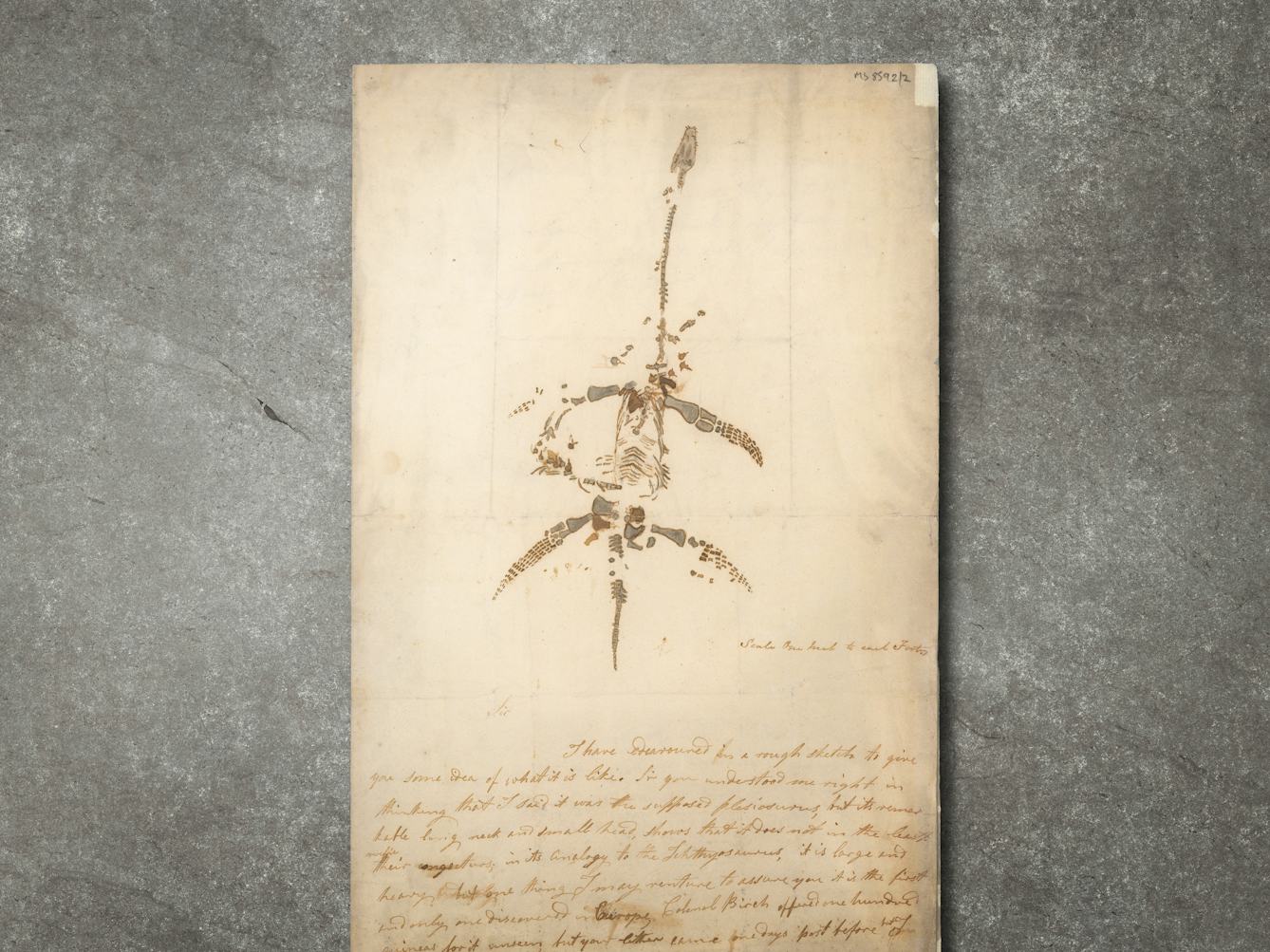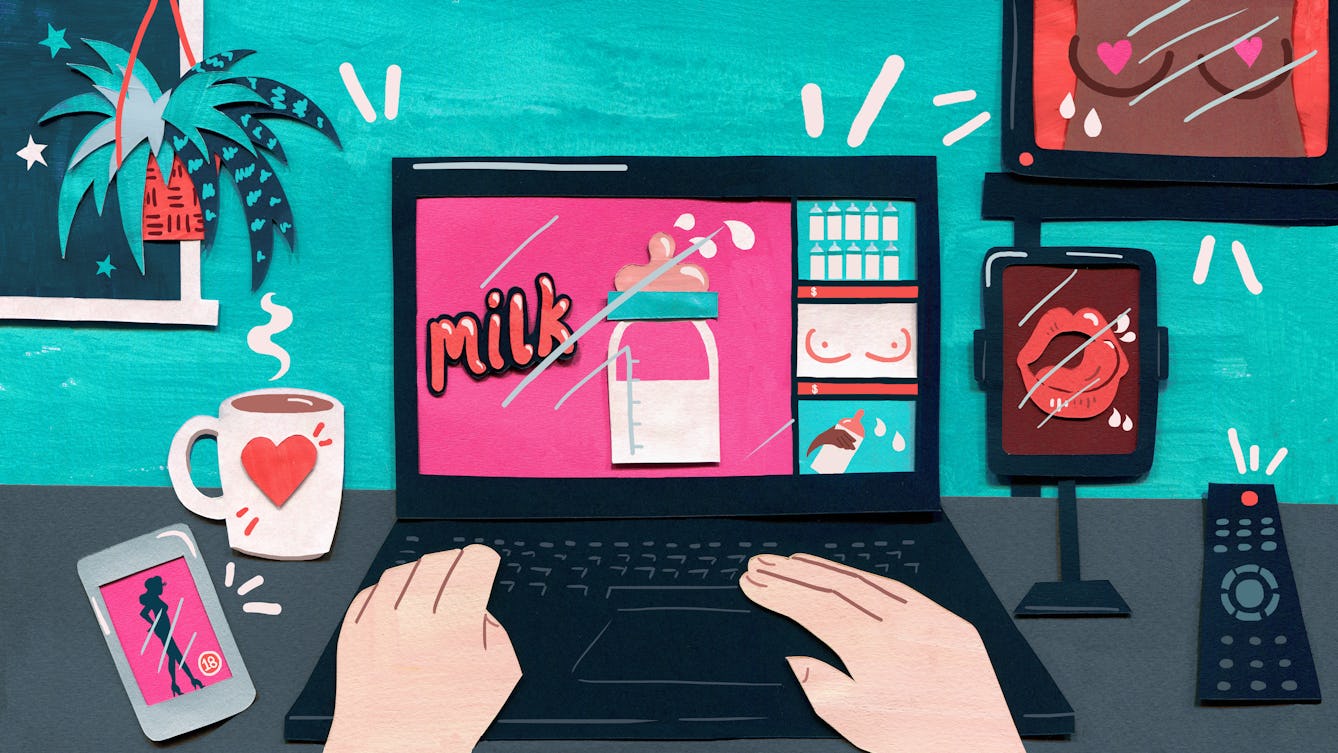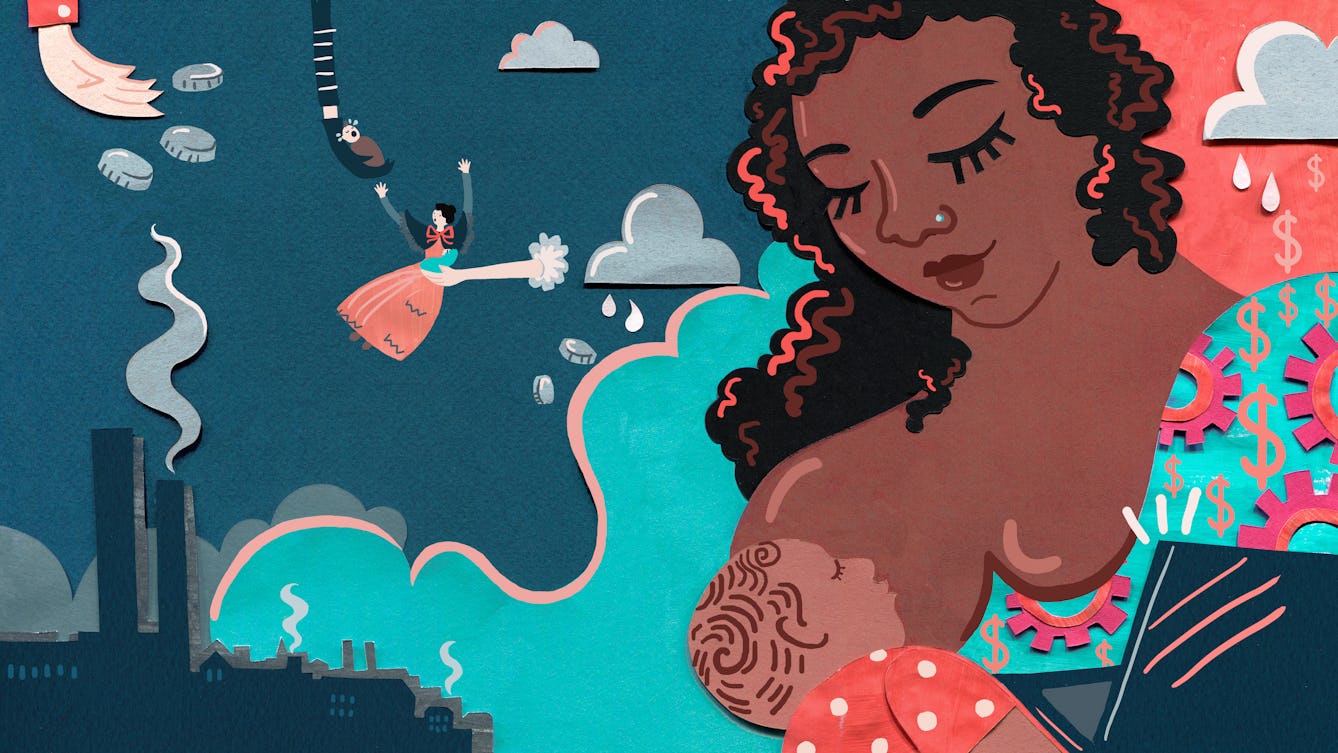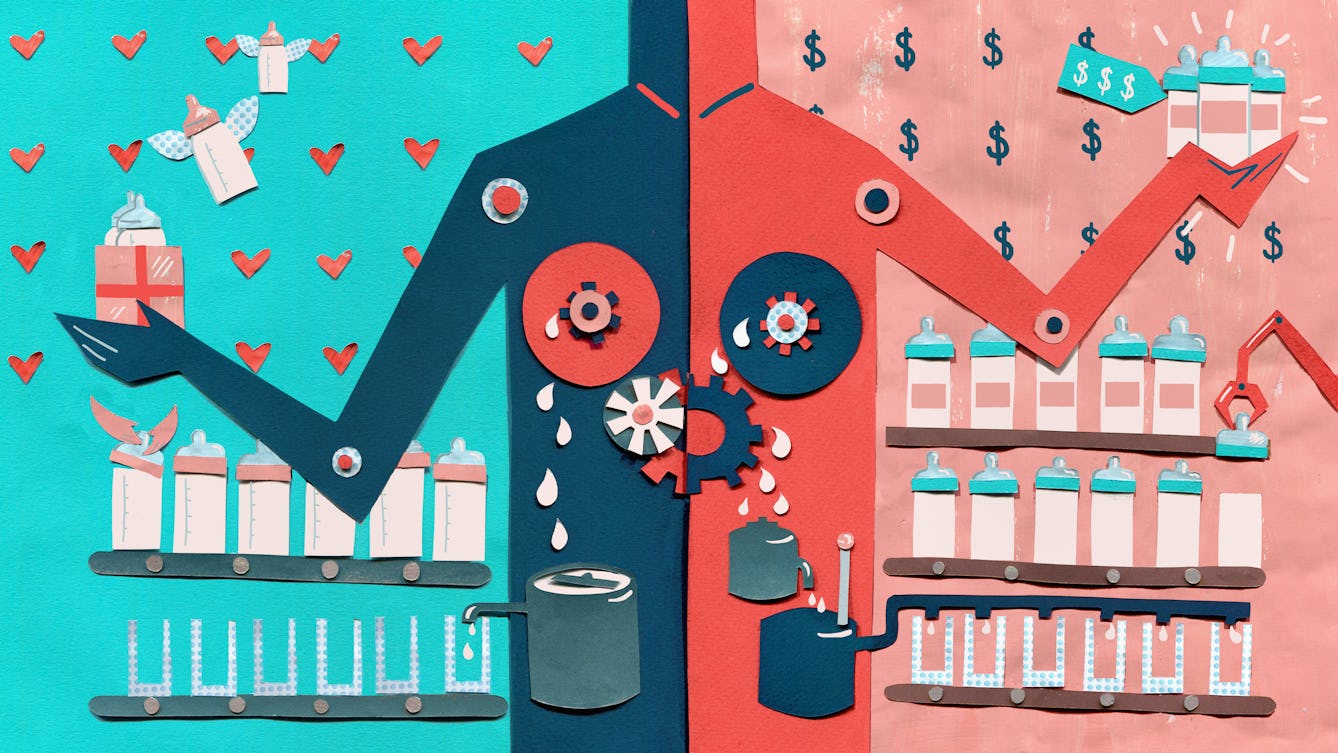
- Article
- Article
Would you like to buy a dinosaur?
Two remarkable letters and a drawing of a plesiosaur by Mary Anning offer a tantalising portal into the exciting world of fossil hunting and discovery of the 1800s.

- Article
- Article
Would you like to buy a unicorn?
The story behind why somebody tried to sell Henry Wellcome a unicorn head in 1928.

- Article
- Article
Why do victims become violent?
Witnessing both overt violence and coercive control can cause invisible harm to children. But preventing them from repeating that behaviour in the future remains a challenge.

- Article
- Article
What is violence?
Criminologist Laura Bui explores her early understanding of violence and outlines its definition and wider consequences.

- Article
- Article
Where does violence come from?
The popular understanding of certain ideas in psychology have become so embedded that it’s easy to blame the parents when a young person commits a crime. Laura Bui looks to the past for evidence.

- Article
- Article
How can we prevent violence?
Evidence shows that strategies to prevent some types of violence can be very effective, while other, less well-acknowledged forms continue unabated. But hope can still guide us into a more peaceful future.

- Article
- Article
What is structural violence?
Structural violence is seemingly invisible. But its tentacles have invaded every part of many people’s lives, thoughts, experiences and expectations, shaping them in ways they don’t even realise.

- Article
- Article
Are people born violent?
Laura Bui explores how the nature vs nurture debate applies to those who commit homicide.

- Article
- Article
Trading breastmilk with men
When Alev Scott advertised her milk for sale, she was inundated with messages from men keen to satisfy sexual fetishes. Here she finds out who they are, and why women sell to them.

- Article
- Article
The work of wet-nursing
Many of us know that in the past, babies were sometimes nourished by wet-nurses. But, perhaps surprisingly, the practice continues today – and the milk recipients are not only babies.

- Article
- Article
Sex work and critical campaigners
When campaigners filmed secretly in the club where she worked, exotic dancer Ella Smith felt frightened and degraded. Here she speaks out about the attack on her livelihood.

- Article
- Article
Sharing breastmilk with parents
Alev Scott donated her frozen breastmilk to a hospital milk bank, but she was curious about other routes. Here she explores commercial operations and informal private arrangements.

- Article
- Article
Where hoarding and dementia meet
As Grandma’s dementia advanced, the things she’d amassed became more important: they consoled her. Clearing safe walkways through the piles became the first – though unwelcome – compromise.

- Article
- Article
Identifying skin lightening agents in cosmetics
Could your moisturiser be damaging your health? If it contains skin-lightening agents, the answer is yes. But this is an area where consumers definitely do not have the upper hand.

- Article
- Article
The ugly truth about fast fashion
Aja Barber reflects on her relationship with fast fashion, outlines its polluting and destructive effects, and shares the small, personal changes we can make that could help.

- Article
- Article
Restoring disorder to ‘The Book of Disquiet’
Printer Tim Hopkins explains what making an extraordinary new edition of Fernando Pessoa’s book revealed about both the text and the mind.

- Comic
- Comic
The happiness cycle
Can you buy happiness?

- Article
- Article
Butch drag in the builders’ caff
Two men in a café dressed in practical workwear might seem indistinguishable, but closer inspection reveals layers of complex, nuanced identity.

- Comic
- Comic
A safety net
Money can’t buy you happiness… or can it?

- Article
- Article
Happy Joy Smile
Drawn from real-life experiences, this short story depicts a character negotiating the UK’s current mental health system. Discover what happens as they encounter waiting lists, sketchy healthcare and punitive government bureaucracy.

- Article
- Article
Notes on need
Writing about bodies, and hearing the stories of others’ bodies, Johanna Hedva also heard, over and over, how people blame themselves – and are encouraged to do this – for illness and disability.

- Article
- Article
Cloves to mull, mask and numb
Sweet, pungent, warm, woody: cloves smell and taste like Christmas. But there’s much more to this spice than that.

- Article
- Article
Why the truth is better than a happy ending
Caroline Butterwick often uses lived experience to inform her journalism, but she’s discovered a tension between the truth and stories that will sell.

- Article
- Article
A woman in her wilderness of things
Even though her home was overwhelmed with stuff, Georgie Evans’s grandma couldn’t stop buying things. In this series, Georgie delves into hoarding, and attempts to make sense of her grandma’s behaviour.

- Article
- Article
Seeking the hoarder in literature
As she strives to deepen her understanding of hoarding, Georgie Evans turns to books. But depictions of hoards and hoarders are few and often sparse, except in one surprising place.